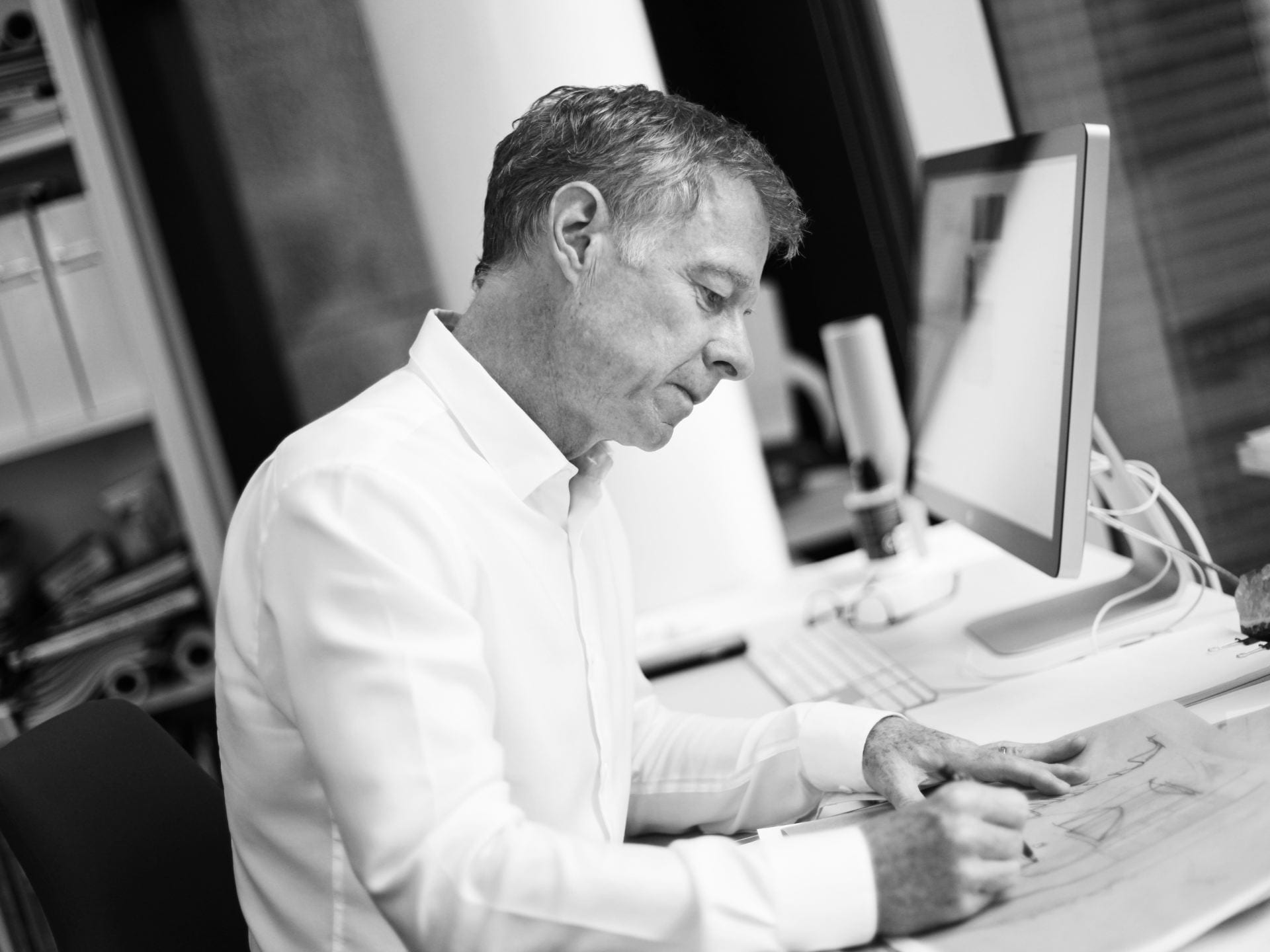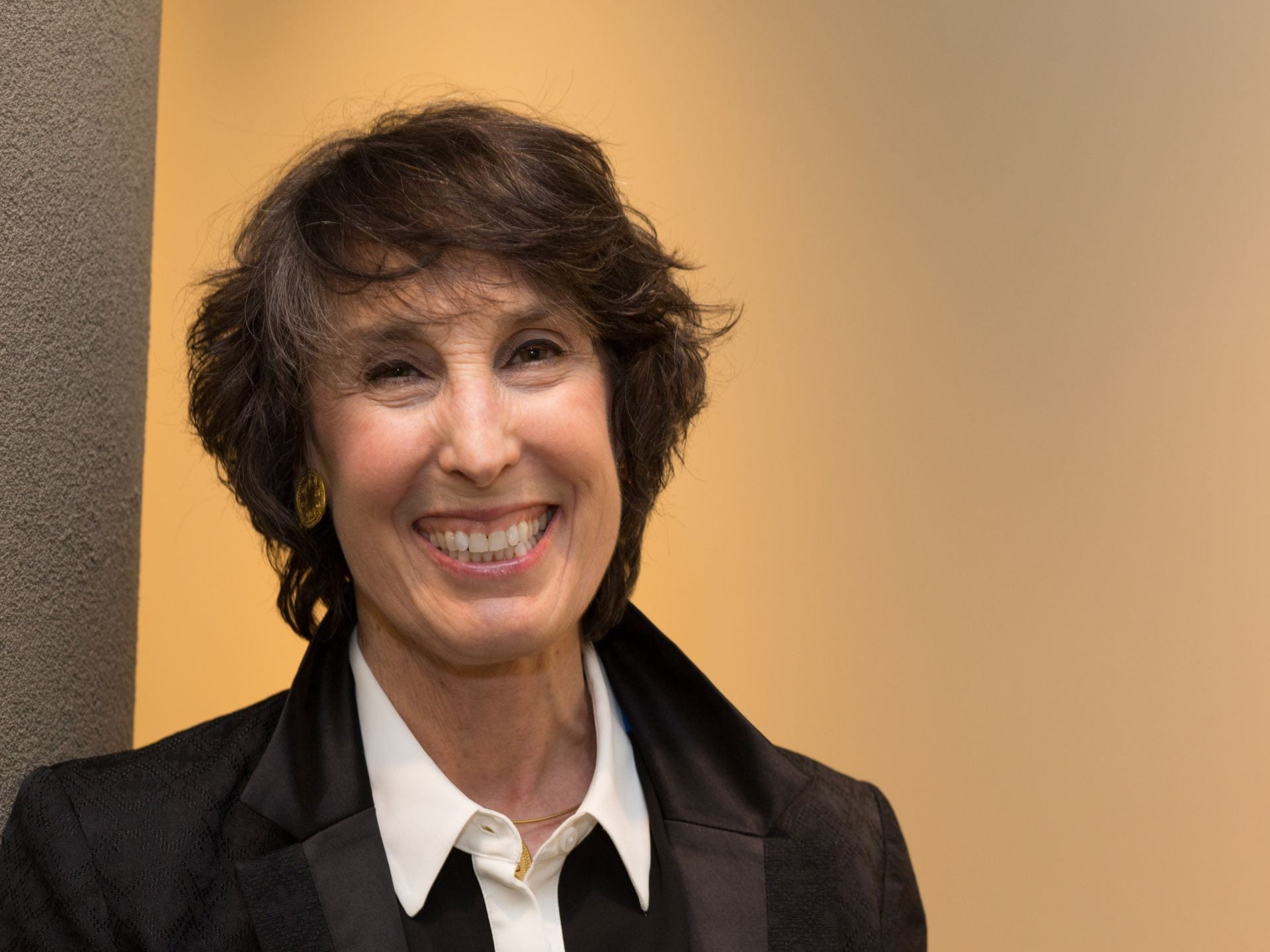
Fast Forward lecture series 2022
Architecture, Nature and Making Places
All of us are responsible for the future of our cities. Architecture is most commonly defined as the art and science of designing buildings and plays a significant role in shaping the urban landscape that we live in. As our guest speaker Richard Francis-Jones states, “It is rooted in a deeper connection to the world we inhabit. It is our feeling, rather than our knowledge. It is a manifestation of the interconnectedness of all things. Remarkably, it is the means for a holistic response to the vastly complex nature of our human condition.”
Fast Forward 2022 takes the opportunity to catch up with experts from the education and governmental sectors leading extraordinary projects to shape today’s urban environment and influential architects who appreciate cities with a critical lens.
About Fast Forward
Fast Forward is the School of Architecture and Planning’s annual lecture series. It aims to foster debate, discussion and development within the disciplines of architecture, urban design and urban planning. A well-known and respected event in the community, Fast Forward is generously sponsored by GIB® and supported by Te Kāhui Whaihanga New Zealand Institute of Architects.
10 NZRAB CPD points are available at each lecture. Attendance at each talk is free. All welcome.
Fast Forward is made possible through the generous support of GIB®
Miss Mondrian’s Architectural Journey: From Courtyard House to Creative Arts
Professor Diane Brand
Professor Diane Brand grew up in an Erwin Winkler-designed courtyard house in Wellington. The experience of seeing the modernist building designed and built informed her decision at 12 years of age to become an architect. In 1976, in her first year at the University of Auckland’s School of Architecture, Diane earned the nickname ‘Miss Mondrian’ for her spare, geometric, primary coloured studio work. Her 45-year career in architecture has traversed public service hydroelectric infrastructure provision, commercial projects in corporate architectural practice in Australia, urban design studies at Harvard, teaching and research, university executive management and jewellery making, demonstrating the career reach of architectural education. This lecture follows that trajectory and shows that design has been a central concern in all dimensions of her work.
Recorded on 12 May 2022.
The urban opportunities created by the Auckland Light Rail project
Light rail is much more than a transport project. It’s a significant step towards a better future for Auckland. Investing in light rail provides a foundation for future growth and development to enable our communities, economy, and environment to thrive. When we’re easily connected to the places we visit most, our quality of life improves. As our city grows, light rail will help people move more freely.
Investing in high capacity, high quality, rapid transit is critical to developing a modern, connected city that supports new, improved public spaces, homes, shops, community facilities and jobs.
Light Rail Board Chair Leigh Auton, Business Case and Consenting Lead Cameron Law, and Urban Planners Alyssa Jones and Fleur Martin-Austin join us to talk about the urban opportunities created by this project. Together, they outline how Auckland Light Rail will support more housing and employment choice, enable thriving, vibrant and diverse town centres, and improve quality of life for decades to come.
Recorded on 31 May 2022.
Urban design, transportation and growth management in the post-Covid world
Dr Lee Beattie
The Covid-19 pandemic has shone a light on the risks associated with “regional TOD” (Transit Oriented Development) passenger-transport based urban form outcomes. Although often seen as an alternative to private vehicle dependency, these outcomes can still promote long-distance daily commutes. Factors that make passenger transport effective such as capacity (social distancing), affordability (daily user volumes) or desirability (fear of contagion), can start to fail with serious social and economic consequences.
These risks highlight the importance of urban form outcomes that prioritise local economy and movement. Re-focusing regional TOD thinking to emphasise local accessibility would better support sustainable travel decisions, enhance local character and vitality, and provide greater social and economic resilience to system shocks such as the Covid-19 pandemic.
Dr Lee Beattie is the Head of the School of Architecture and Planning at the University of Auckland and a practising urban designer and planner with over 27 years of experience. In this talk, Lee shares insights on a new concept of “local TOD” as an approach with a substantially lesser emphasis on public expenditure and investment than can be seen from the “regional TOD” approach.
Recorded on 7 June 2022.
Provocations on Time
Timothy Hill
In this talk, Timothy will reflect on some key themes endured from the period when he was a student until now. The organising of pragmatic functions to rely on the poetic potential of collective and memorable space has proven useful across scales – from bathroom plans to city plans. Many of the benefits delivered to clients and users were never requested and can be difficult to explain.
Recorded on 15 September 2022.
Truth and Lies in Architecture
Richard Francis-Jones
Tuesday 27 September, 7pm
Format: In-person, City Campus
Architecture has never been more challenged than it is today. Addressing the sheer scale of the triple challenges of environmental sustainability in climate change; social inequality, in the form of class, gender and race; and culture, in terms of identity, exclusion and prejudice, is a seemingly overwhelmingly task for architecture.
Equally, these great challenges come at a moment when architecture has never been so marginalised and diminished. The practice of architecture has been progressively desiccated, undermined and commodified through the instrumental processes of the contemporary development industry, together with the simplistic reductionism of media technology and market consumption demand.
In this talk, Richard will negotiate the territory between the Truth and Lies in Architecture, attempting to uncover the depth and nature of the diminishment of contemporary architecture and the tracks that lead us here.

Richard Francis-Jones
Why Public Space Matters
Distinguished Professor Setha Low
Wednesday 12 October, 12pm
Format: Online
Setha Low, Distinguished Professor of Environmental Psychology, Geography, and Anthropology, and Director of the Public Space Research Group at the Graduate Center at the City University of New York, examines how public space contributes to individual and societal flourishing.
Based on thirty-five years of ethnographic fieldwork on plazas, walkways, parks, markets, and beaches in the United States, Costa Rica, Argentina, India, Kenya, and France, Setha presents a new understanding of the role of social contact, public culture, and affective atmosphere in the creation of places essential to everyday urban life. This talk aims to realign urban priorities by highlighting the importance of public space for socially just cities and encouraging local activism.

Setha Low
Explore our study options at the School of Architecture and Planning
Contact us
Follow us on social media:
- Facebook: @UoACreatives
- Instagram: @UoACreatives
- YouTube: Creative Arts and Industries
- LinkedIn: Creative Arts and Industries
